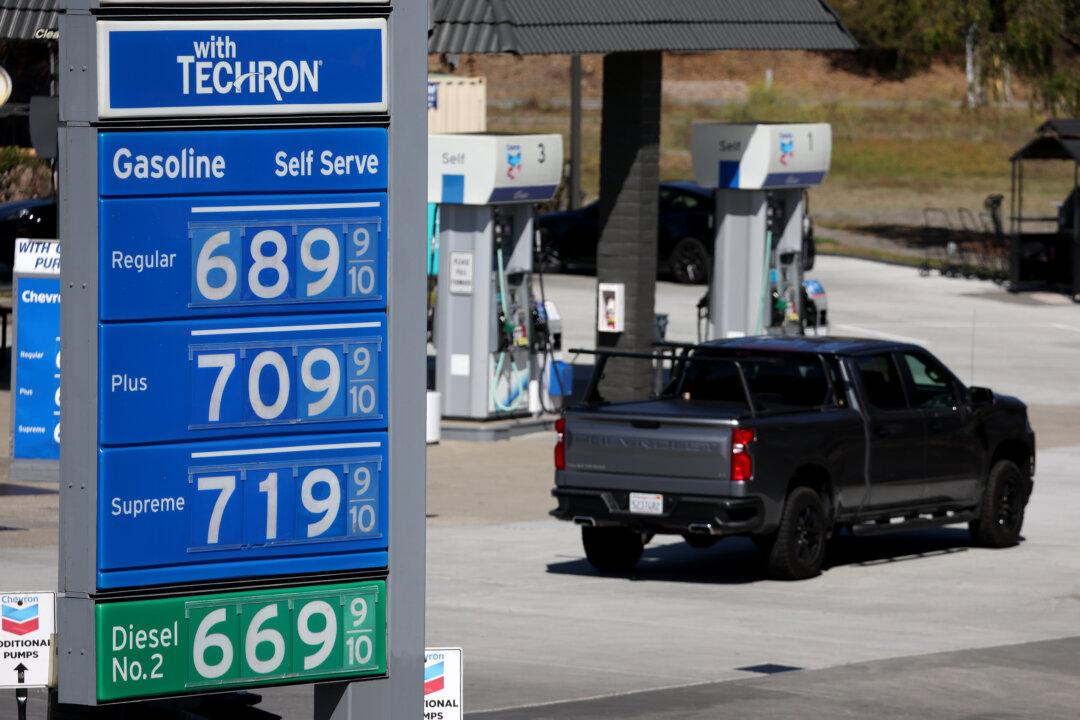Valero Energy Corp. has responded to the California’s Energy Commission’s (CEC) accusatory letter which claimed that the oil industry raised prices in California while global crude prices declined, and in the absence of any unplanned refinery outages, and no increases in state taxes or fees.
“[C]rude oil prices are down and industry profits are up, yet gas prices have increased by a record $0.84 per gallon in 10 days in California—a $2.50 difference compared to U.S. prices,” CEC Chair David Hochschild wrote in a Sept. 30 letter (pdf) to industry executives. “This degree of divergence from national prices hasn’t happened before, regardless of planned or unplanned refinery maintenance, and no explanation has been provided. The oil industry owes Californians answers.”





